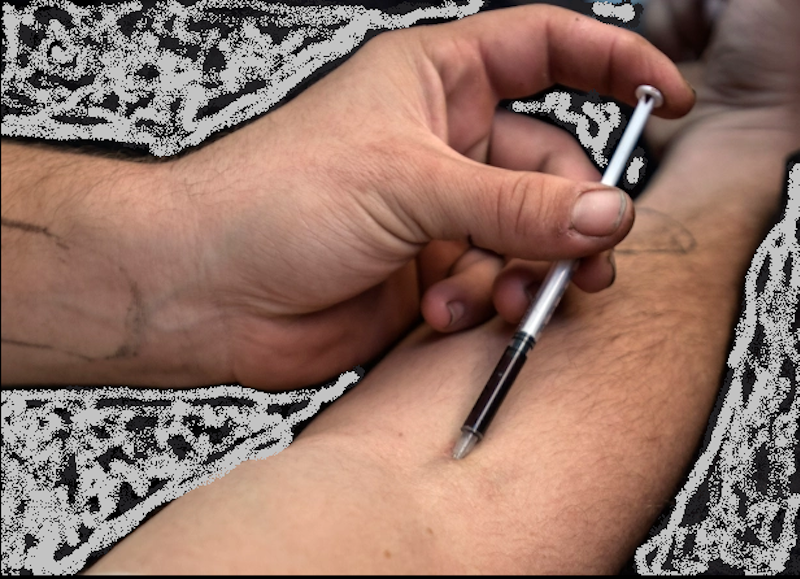Society’s awareness of addiction began with physical substances: alcohol, drugs, tobacco, food. Gambling and sexual addiction were added. But why stop there? It can be taken much further. The most dangerous addictions are abstract. Comfort, which is the desire to feel good about oneself is among the most common and lulling addictions. The desire to always be right is an addiction. Reading without comprehension is addiction. Listening without comprehension is addiction. Looking without really seeing is addiction. The most dangerous of all is the addiction to authority.
Unless consciously spotted and deliberately addressed, addiction brings on permanent changes in one’s inner constitution. This is what’s meant by normalization. Nothing is inherently wrong with this unless it happens without choice, freedom or awareness. Could someone choose heroin addiction with full mental awareness? I wouldn’t say yes but can’t definitively say no.
We’re surrounded by addictions. The goal of any successful businessman is to create an addiction to his product. The computer’s an addiction. That “we can’t live without it” is the proof. Social media’s an addiction. Instant communication is an addiction. Doctors are an addiction. It’s common knowledge that many doctors have become pushers aided and abetted by the pharmaceutical industry. There’s one thing addicts don’t like: to be made aware of their addiction. They frequent others who share their addiction; doing this guarantees a tacit agreement of silence. Whether it’s cocaine, arch-conservatism, being Woke, plastic surgery, tattoos, pornography or junk food, the introduction of doubt, the question mark of reason can provoke the most violent of reactions. Look at the Facebook threads concerning Covid vaccines, transgenderism or the Ukraine war. Trust science.
The addicted prefer to call their habits reality and any suggestion to the contrary makes one a dangerous heretic. We read with understandable astonishment the early religious debates over doctrines such as Manichaeism and Gnosticism yet fail to see the same principle at work in our own lives.
Consider a modern social problem, an addiction. At one time people in American society were addicted to the idea of older white men giving them orders and making laws which they were obliged to follow. It may seem strange to think of this as an addiction but what else can it be called when something is accepted uncritically at face value as reality? That’s the way it was.
Society’s altered when people change their addictions. But is this really meaningful change? Believing that an older white man will make responsible decisions which take your welfare into account is a dangerous addiction. The same is true when extended to any other group. If the people making laws are women, black, Asian, gay, etc. what we see is a change in addiction rather than any true social progress. That would require an increase in awareness, in the critical faculty, in freedom, in the breaking of the addiction.
No one should blame themselves; addiction is insidious. So who or what is to blame? Human nature? The pressures of life? The confusion of choice? The need for identity? History is defined by the growth of addictions and sporadic attempts at freedom, that is, the breaking of these acquired habits. These are called revolutions, or periods of enlightenment. Few have worked or lasted. The desire for freedom is the desire to break one’s addictions. It’s the desire to break with not only external political constraints, but from the constraints our own mental economies. The addiction to freedom is the only one worth having.

